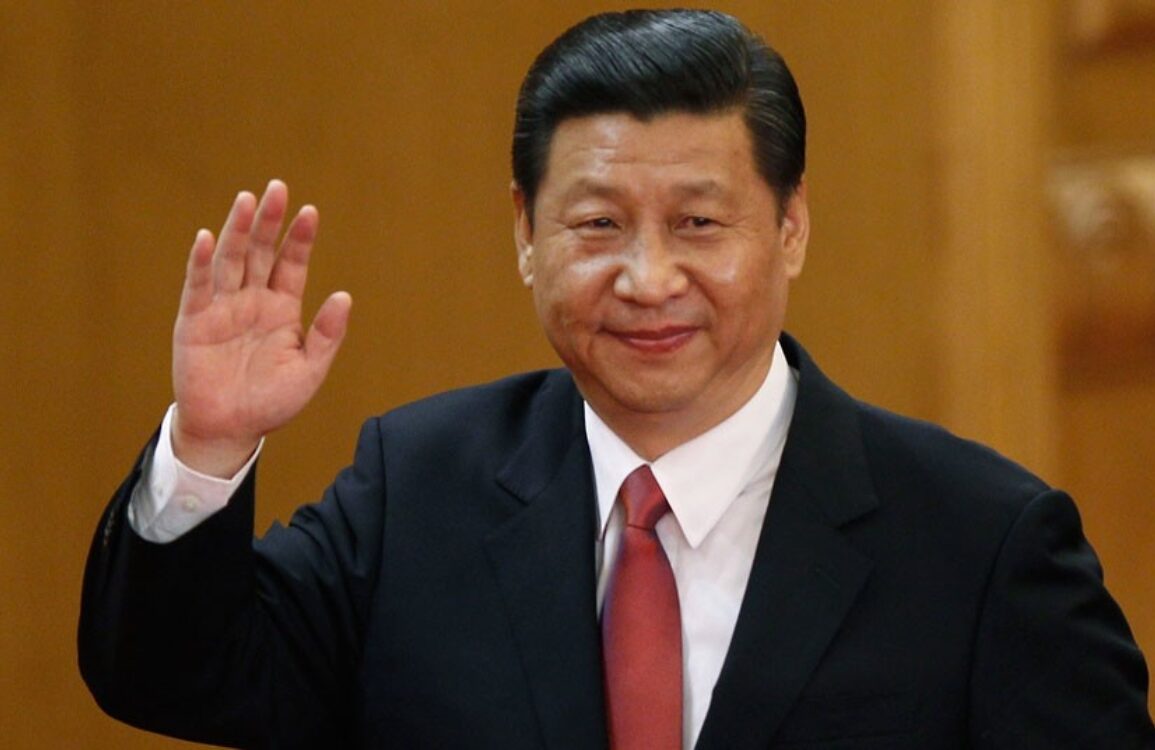Beijing abandoned the indifference towards the personal facet of the new generations and seeks to mold them to follow the ideals of the Communist Party: they also banned effeminate images on TV.
If the celebration in July with great fanfare of the centenary of the Communist Party brought any illusion of renewal and openness for young people, the Xi Jinping regime was in charge of ruling out that possibility with a battery of laws, regulations and decrees that advanced in the last days against the daily life of the new generations.
Some more criticized than others, the measures aim to reaffirm the dominance over the private life of citizens: how much time can minors dedicate to video games -amidst a strong advance over technology companies-, the teaching of Xi’s doctrine to schoolchildren, pressure against pop stars who do not comply with behavior that pleases Beijing, and even how men should look, with the ban on effeminate images on TV.
This implies a change of perspective: there is no longer indifference with respect to this facet. The Communist Party seeks to be at the center of the public as well as the private sphere.
“Now, with the regulations on entertainment and so on, it seems like the whole range of options is shrinking significantly,” said Dali Yang, a professor of political science at the University of Chicago, consulted by CNN. “The state is trying to take on some of the functions of being a parent in some way, helping them or trying to help. But of course, we know how limited (its effect) could be in the long term, especially when we have a tremendous generation gap here,” he added.
The interference of the party has become notorious in recent weeks, but it is a long gestation process that already encompassed the social and economic, from political repression to the advance on companies and the reform of the education sector.
The rapid economic growth of the Asian giant was accompanied by the growing exposure to the outside world of the new generations, with a wider range of lifestyles. Political control was maintained, but there was a cession in social freedoms … until the tacit “agreement” began to falter.

Reimposing controls is not an easy task. Xi is not in Mao’s time. Jean-Pierre Cabestan, a political science professor at Hong Kong Baptist University and an expert on Chinese politics, warned that the Communist Party could “win many enemies” among young people if it advances in micromanaging privacy. “In Mao’s time it was easy because he mobilized the Red Guards and the people were loyal to him, and China was isolated from the outside world. It’s not like that. So they have to be much more careful and selective when it comes to meddling in people’s private lives, and I think they will meet more resistance,” he told CNN.
This would not necessarily imply open dissent, but it would imply a quest to evade norms or feign compliance. Precisely what goes against the objective of the Chinese leader: to mold and train them as successors of the new era. “As Xi prepares to start his third term in power at the 20th Party Congress next year, he wants to cultivate a generation of young people who belong to him,” Wu Qiang, an independent political analyst in Beijing, told CNN.
In his centennial speech, he reaffirmed that the future belongs to the young. But its intention is also to define what that future will be like. He had already warned in 2014: unifying thoughts is key in adolescence and “it is like buttoning a shirt, if the first button is done wrong, the rest too”.





